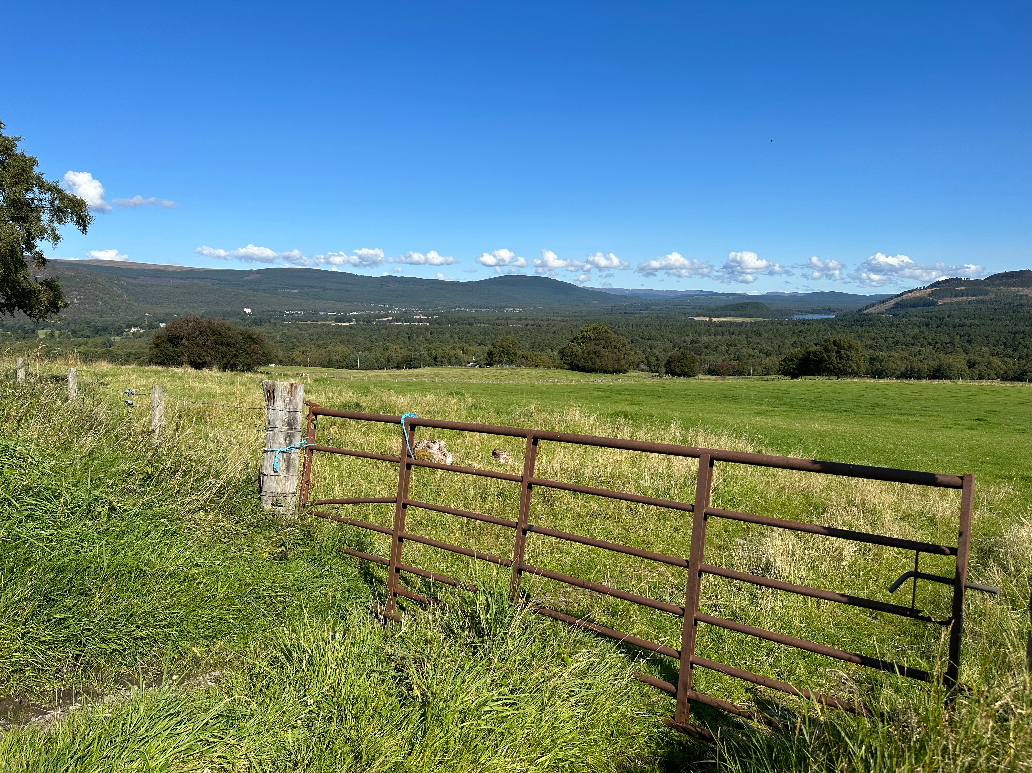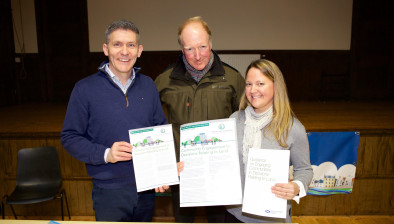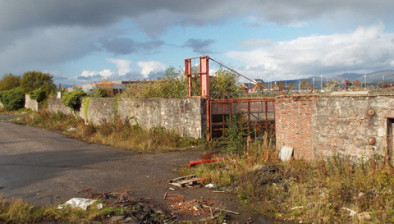Major report reveals large growth in Scottish land value

A revealing new report on land trends has brought fresh insights into the dynamics of rural land transactions in Scotland.
New research has shown a notable upswing in the demand for farmland, with Aberdeenshire and Dumfriesshire emerging as prime locations. Simultaneously, Argyll, Central, and Southwest Scotland are at the forefront of the demand for forestry land.
Over the period spanning 2020 to 2022, the value of farmland witnessed a substantial uptick, surging by 58% in the Northeast and 42% in the Southwest of Scotland, indicative of a significant surge in market interest.
Published by the Scottish Land Commission (SLC), the Rural Land Market Report underscores a widespread appreciation in land values throughout Scotland, crediting this growth to sustained demand, even as the overall volume of land entering the market remained relatively stable.
The report also identifies that most sales were of moderately sized farms or forests, with over 93% of transactions taking place in Scotland for areas of land less than 500 hectares.
Hamish Trench, chief executive of the Scottish Land Commission, said: “This report provides a vital window into the nature and scale of transactions occurring within Scotland’s rural land market over the past three years.
“The findings reinforce the conclusions of our earlier research, highlighting the range of influences affecting Scotland’s rural land market, and the significant regional and sectoral variations which clearly show increasing activity across the south of Scotland.
“While the volume of land coming to market has been relatively consistent over the past three years, the vast majority of sales are moderate-sized farms and forests, with very large land acquisitions much being rarer.”
The findings draw on data from the Registers of Scotland and the wider industry to evaluate the land market and property values across the country, focusing on farms, forests, and estates.
A total of 740 rural land sales took place over the three-year study period, of which 24 were for land over 1,000ha in size, and a further 27 for areas of between 500-1,000ha.
Farmland made up nearly 60% of total land sales. Eastern Scotland saw the highest concentration of deals, accounting for almost a third of national transactions while also having the top average prices per hectare at £17,535.
However, forestry land had a more mixed ride with prices peaking in 2021 before falling back again in 2022 – a move attributed to inflation and grant incentives no longer covering rising land costs.
The report highlights challenges around what is considered an “Estate” within the data, as a wide variety of transactions could fall into the category.
As a result, the report also notes a wide range in the sale prices of these “estates”, starting from as low as £60,000 and going up to £17.6 million over the three-year period.
Hamish added: “Through these reports, our commitment is to paint a clearer and more transparent picture of the rural land market, providing valuable insights to guide decisions on legal, policy, and practical changes.
“While we’ve successfully compiled a robust dataset, the report also underscores the necessity for ongoing reforms in how we collect and share data about land in Scotland.
“Transitioning towards a cadastral map system that consolidates information on land value, ownership, and use – a widely embraced approach in Europe – holds significant advantages. In the meantime, we will continue to work on how to make more of the existing data available.”
The report accompanies the Rural Land Market Insights Report published in May which identified the drivers and motivations influencing land sales and acquisitions.
That report identified some key implications for public policy including a risk of increasing concentration in ownership, barriers to communities and individuals participating in the market and the risks where land is acquired primarily as a financial asset.
To read the Rural Land Market Report please visit here.





















